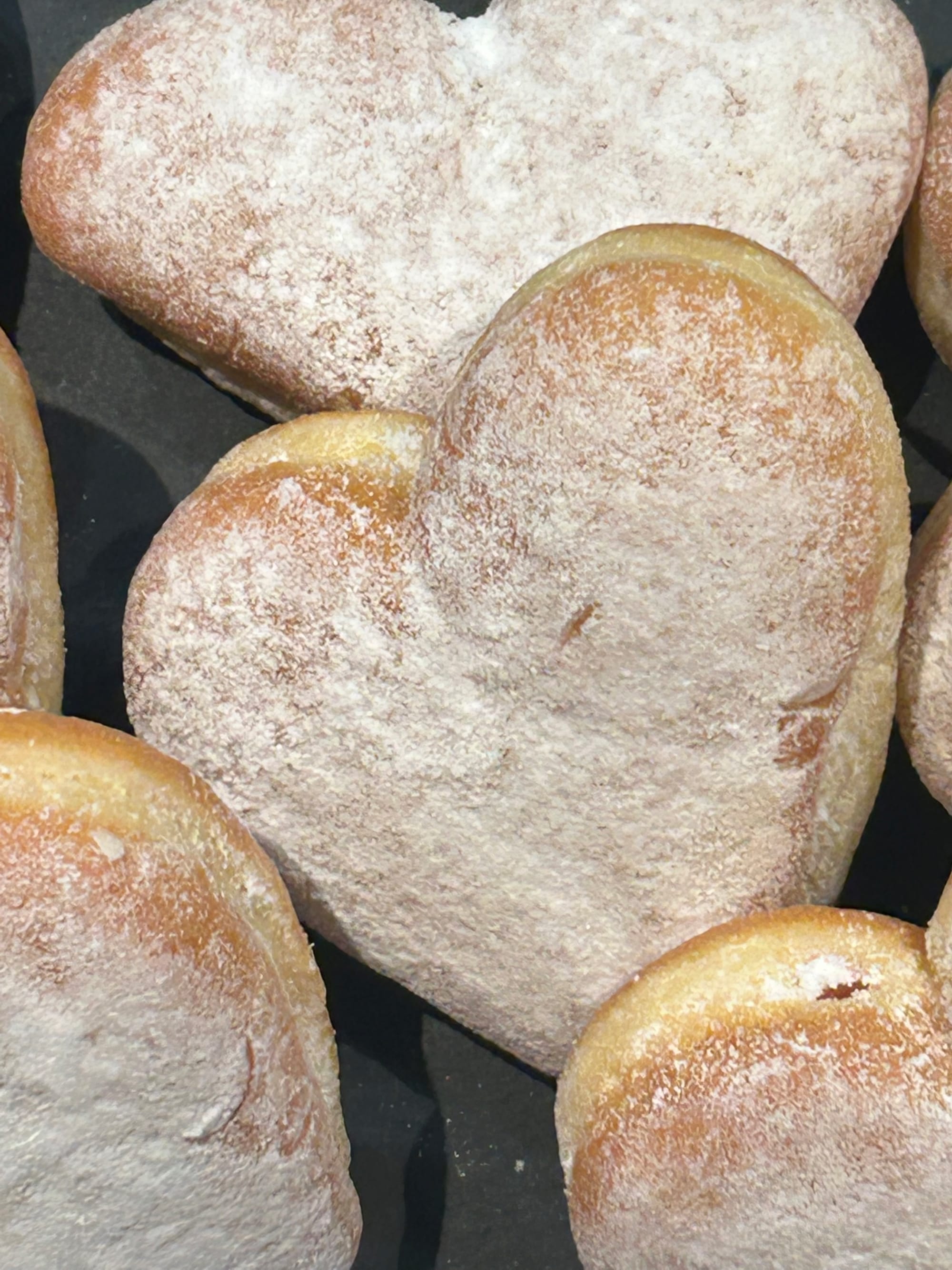By Silva Shahini, History, Third Year
Valentine’s Day’s legitimacy is questioned yearly once the fever of the New Year’s resolution debate dies down. As pink and red coloured products begin to coat the shelves of every store, we see annual attempts to break down various discourses that make Valentine’s Day so hotly debated. This article will be trying to understand why it has become so loaded.
Breaking down why this holiday causes so much bother allows an understanding of how Valentine’s Day can mean different things to different people and how it cannot just be labelled as ‘overrated’ or ‘not worth it’. If we take the opportunity to consider this phenomenon as a public discussion and reaction to ‘societal standards’, rather than simply either mocking or praising the holiday, we create a commentary that validates different opinions and experiences.
Is Valentine’s Day a holiday that celebrates consumerism or social ‘insiders’?
Valentine’s Day has become a natural meeting point leading to two social realities forming. The first, a reality that encourages trying to celebrate human connections. The second reality takes the first and embeds this into the folds of capitalism, creating an ever-evolving, marketable, consumable, cultural phenomenon. Valentine’s Day gets a lot of critique for the latter reality because it is seen to utilise the celebration of human relationships in a way that can be commercialised and consumed.

But is that where Valentine’s Day’s fault lies? Is the problem the fact you can buy a lot of things in the name of Valentine’s Day or is the problem who it celebrates? That begs the question of why we critique Valentine’s Day more than other holidays for being a ‘product of capitalism’ and why we use this argument as a way to unfairly discredit this holiday in particular.
Within Britain, there has been a long history of placing importance on heterosexual, romantic relationships and nuclear family units. There is a discourse surrounding the financial benefits and stability that being in a romantic relationship in Britain brings. For example, reduced Council Tax per person and Income tax benefits in certain circumstances as well as better mortgages and access to the property market. Valentine's Day -similarly to these economic encouragements- promotes the formation of these unions as socially desirable. This holiday has become another part of a culture that promotes these bonds and the people within them as ‘insiders’. The promotion of a certain lifestyle as beneficial may be the bigger issue alongside the social pressure that comes from being outside of this. A day focusing on people who are celebrated by the systems in place may be a larger driving force to the ‘overrated’ faction of the debate, more so than the classic consumerism angle that is focused on.
Valentine’s Day is seen to further celebrate ‘social insiders’ and encourage normative social behaviours regarding romantic relations, within an economy that promotes it. This link of success and normalcy to romantic relationships is further solidified through Valentine’s Day by making these ideas purchasable. And purchasable everywhere.

Thatcher’s famous quote “There is no such thing as society…just men and women and families” demonstrates that commentary relating economic privilege to romantic success has existed for a long time and directly maps onto those who Valentine’s Day was originally intended to celebrate. People that have the potential to turn into couples and then into families and therefore stable units that are politically, economically and socially desirable. Therefore, the capitalist critique may have more to do with the social discomfort of celebrating those units that benefit from capitalism socio-economically rather than commercialisation critiques of Valentine’s Day encouraging consumerism.
Entrenching dividing lines between ‘in’ and ‘out’ may be the real source of the polarisation that Valentine’s brings, as it is can be seen as another way to alienate ‘non-conformists’ (single people). This may potentially highlight that the issue is not about consuming in itself but who is being celebrated through this consumption. This argument, that the holiday being it celebrates ‘insiders’ within capitalism as opposed to consumerism within capitalism, can be further understood when other celebrations occur that are equally as commercial but considerably less criticised.
Arguably, the dismissal of Valentine’s Day as a ‘capitalist’ holiday might have more to do with the monetisation and celebration of certain (romantic) relationships within society causing upset rather than the disapproval of Valentine’s Day’s ‘relationship’ to commercialism. This becomes especially interesting when other forms of relationships are celebrated during Valentine’s Day experience a lot less critique for being commercialised. Valentine’s Day when used as a vehicle to celebrate femininity, friendships and self love is not criticised for its relationship to capitalism, potentially pointing to how what is being celebrated is more important than the monetisation of it.
Why we love to hate love and why commercialising that is okay.
The battle of whether Valentine’s Day is worth celebrating versus it being overrated ultimately goes beyond consumerism critiques and speaks more to the social mood and the emotional distress it can cause. Trends that involve ‘man hating’ or being a ‘strong independent woman’ within media also monetise the discomfort that Valentine’s Day creates; this monetisation of usually female problems with being single through the creation of consumable culture that puts down Valentine’s Day. Etsy cards, articles on what anti-Valentine’s day films to watch and the stream of podcasts that come out this time of year to mock the ‘mushiness’ speaks to a deeper desire to label the holiday as overrated for subscribing to expectations that make people feel uneasy. This counter-culture has also been monetised however Anti-Valentine’s day discourses get a lot less anti-consumer critique. This demonstrates how the key issue is not consumerism but the way this holiday can make people feel and the collective reaction that it leads to. Alternative celebrations in reaction to the holiday have become popular in recent years and demonstrate that people do want to celebrate through commercialism but take issue more so with the cultural and social optics of the holiday.

Love for love’s sake- Romanticisation vs romantic.
The reclamation of this holiday funnily enough hasn’t distanced itself from the commercial or cultural connections that Valentine’s Day has or the idea of celebrating loving relationships but speaks more to what people find more comfortable and want to celebrate.
From Parks and Recreation’s Galentine’s Day episodes to the closing remarks on Taylor Swift’s Lover album “I want to be defined by the things I love” to the TikTok trends of girl group painting sessions, culture is leaning into the concept that love is expansive and Romanticism can go beyond romantic relationships. This rebranding of the holiday has become more palatable and therefore more consumable again. Valentine’ Day should be considered beyond whether it is ‘worth it’ or ‘overrated’ how individuals choose to interact with these discourses that pop-up year after year is what is actually important. This holiday is just an opportunity for various commentaries to intersect, clash and blend and this can be used an an opportunity for entertainment, expression or a time to generally express feelings of love in any form.

Valentine’s Day allows people to experience and celebrate their feelings at the time (whether they be positive or negative) and so it cannot be entirely worth it or pointless but just something that exists that people can choose to interact with. Valentine’s Day can mean different things to different people at different times and that’s okay.
Feature Image: Unsplash// Amy Shamblen
How do you feel about the consumption around Valentine's Day? Tell us @epigrampaper









